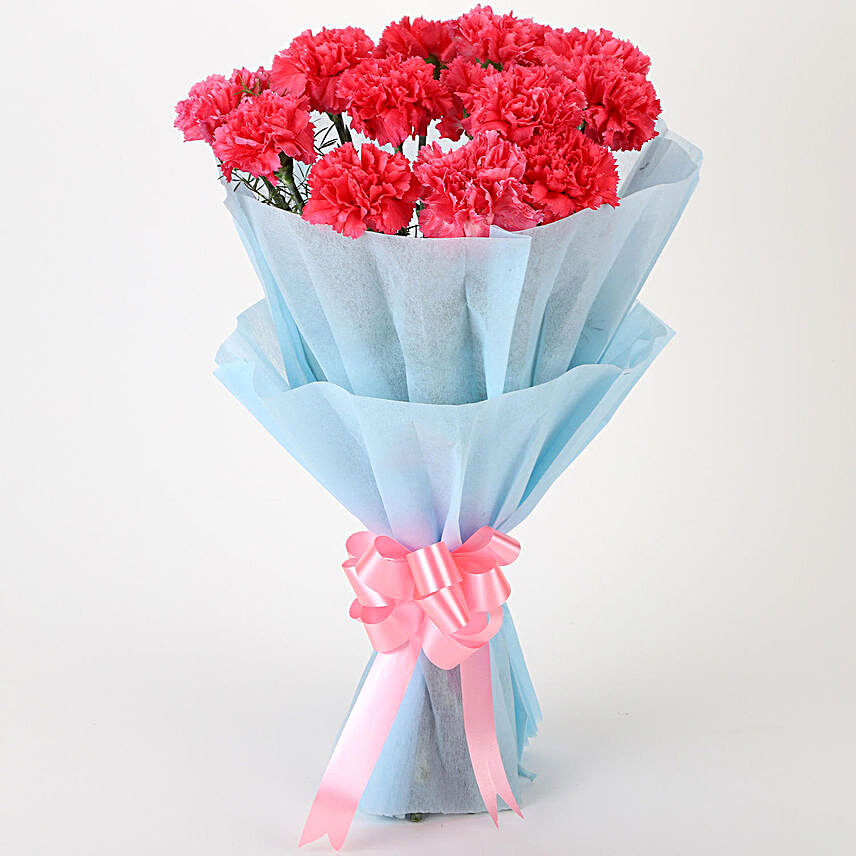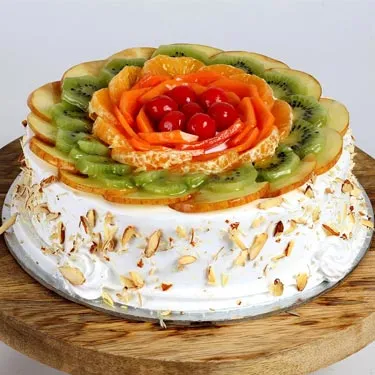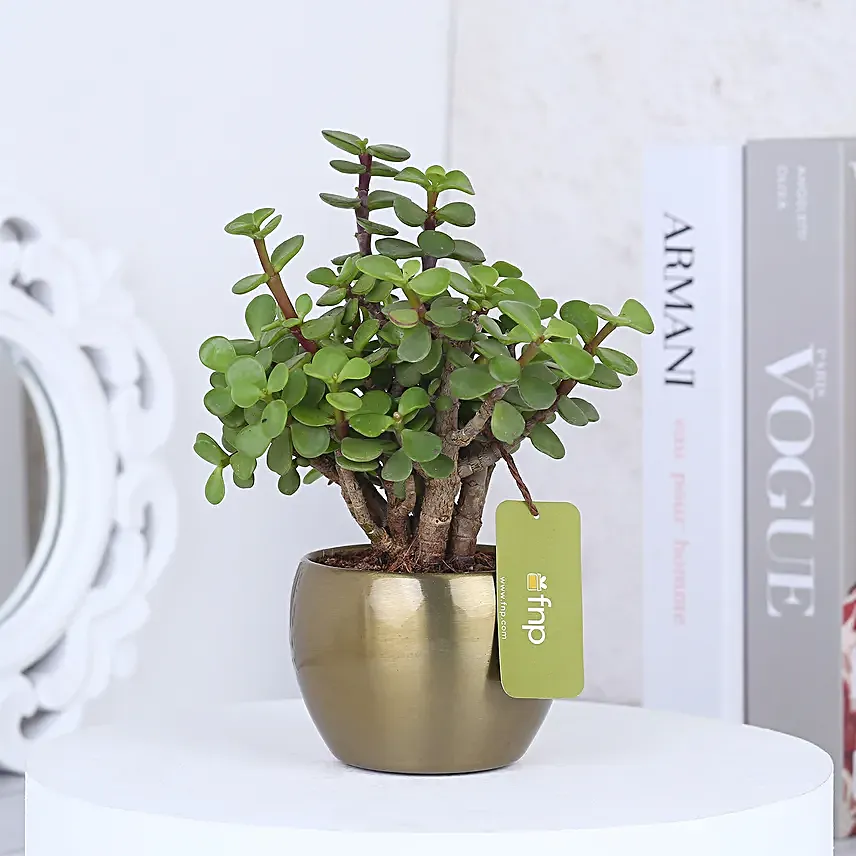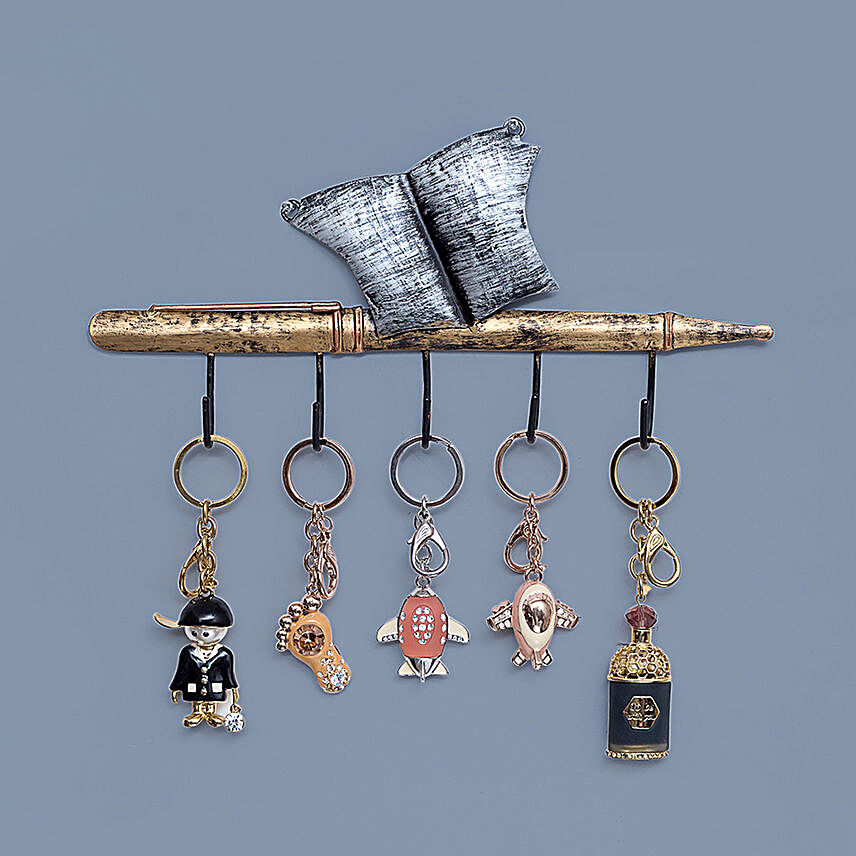Onam 2023: A Dive into its History and Origins
- Author: Anushka Published: 9th Aug, 2023
In the picturesque state of Kerala, India, a joyous festival known as Onam takes centre stage every year. It's a time when colourful flowers carpet the ground, traditional songs fill the air and families gather to feast and rejoice. But have you ever wondered about the history and origins behind this lively celebration? Let's dive into the past to uncover the fascinating story of Onam.
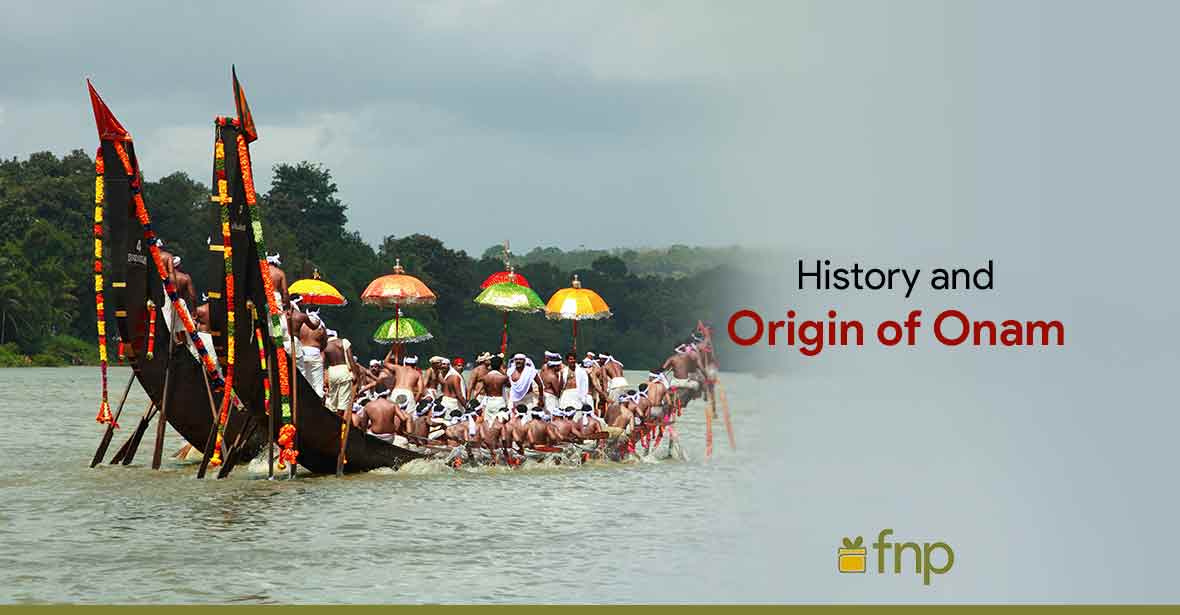
The Ancient Tale of King Mahabali
At the heart of Onam lies a captivating legend of a just and wise king named Mahabali. His people loved him for his kindness and fairness. But there was a twist - Mahabali's popularity worried the gods. To maintain balance, Lord Vishnu took on the form of Vamana, a dwarf Brahmin. With a humble request, Vamana asked Mahabali for just three paces of land. The generous king agreed, but Vamana grew huge, covering the earth in two steps. Mahabali offered his head in return for the third step. Impressed by his humility, Vamana blessed Mahabali with a chance to visit his people once a year - a moment celebrated as Onam.
Harvesting Happiness
Onam is not just about legends; it's also a harvest festival rooted in Kerala's agrarian history. In the olden days, Kerala's prosperity was closely tied to agriculture. After a bountiful harvest, people came together to express gratitude for the land's bounty. The festival coincided with the harvest of rice, the staple food of the region. Thus, Onam became a time of feasting and merriment, with the grand Onasadya (feast) stealing the show.
The Creative 'Pookkalam' and Cultural Significance
Over time, Onam embraced cultural creativity. One of its most captivating aspects is the Pookkalam - an intricate floral design made on the ground. Each day of the festival sees the Pookkalam or rangoli growing larger and more vibrant, symbolising the prosperity and unity of the people. Traditional dances like Kaikottikali and the amazing snake boat race, Vallam Kali, have become cherished parts of the celebration, blending history with culture.
Onam Today
Throughout history, Onam has evolved, yet its essence remains unchanged. In today's fast-paced world, the festival has adapted while staying true to its roots. Modern Onam celebrations are marked by new forms of creativity such as innovative Pookkalams and digital renditions of traditional songs. People also exchange Onam gifts to express gratitude and wishes. The spirit of unity, humility and abundance continues to be at the heart of the celebration.
